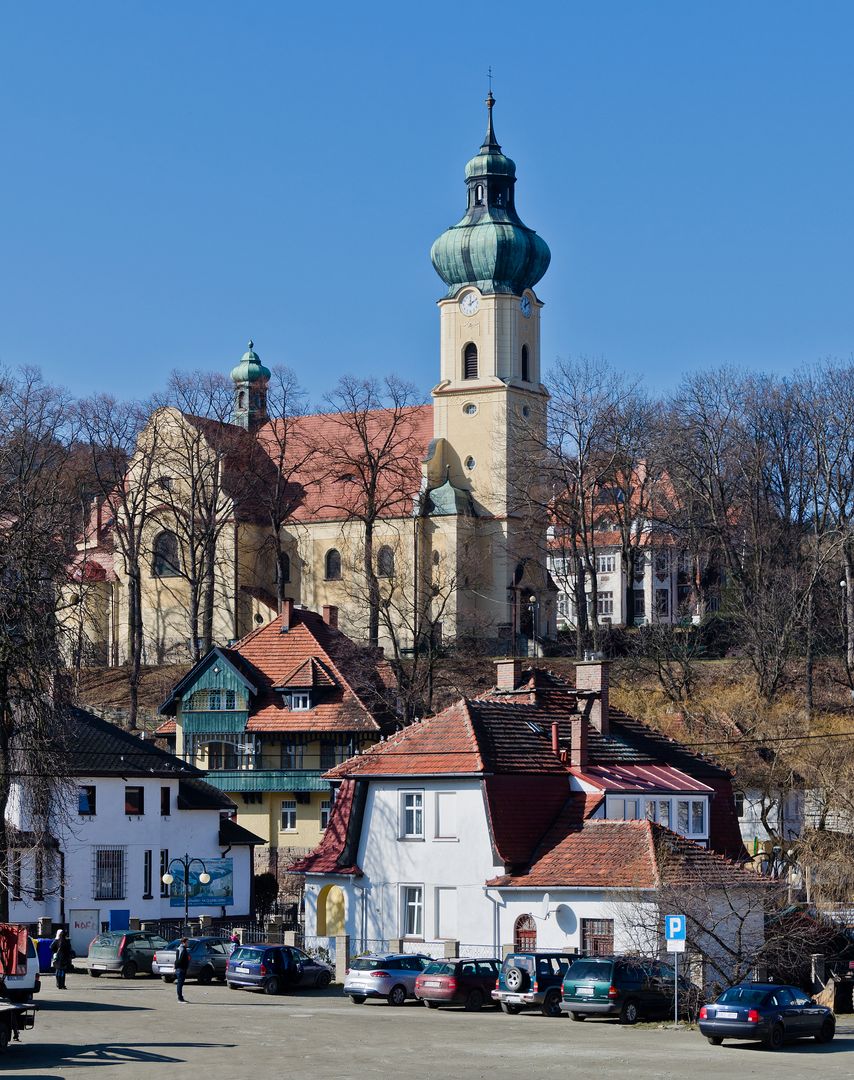Polanica-Zdrój
7.21

Overview
Polanica-Zdrój is a spa town in Poland, located in the Lower Silesian Voivodeship, within Kłodzko County, with a rich history dating back to the 14th century. The earliest records of the settlement come from 1347. In the 19th century, Polanica gained popularity as a health resort, which led to significant architectural investments, including the construction of elegant villas and luxurious spa houses, such as the Wielka Pieniawa sanatorium and the spa house from 1911. The town's architecture is dominated by Art Nouveau and Neo-Baroque elements, giving it a unique character. Polanica's culture thrives, with annual festivals, concerts, and literary events like the International Amateur Film Festival POL-8 or the "Poets Without Borders" Poetry Festival. The M. Ćwiklińska Spa Theatre is the central point of cultural life, hosting numerous artistic events. An interesting fact is the existence of the Ethnographic and Missionary Museum, which collects exhibits related to the cultures of peoples from around the world. After World War II, Polanica became part of Poland, and its popularity among patients increased, especially after the introduction of modern healing technologies. Today, the town has a well-developed spa and recreational infrastructure, including swimming pools, tennis courts, and routes for winter sports. Polanica-Zdrój is also known for its abundance of mineral springs, including Wielka Pieniawa, as well as for its chess tradition, hosting annual tournaments in honor of Akiba Rubinstein. Despite modernization, the town has preserved its natural beauty, making it a popular weekend destination for the inhabitants of Lower Silesia.
Location
2026 Wizytor | All Rights Reserved